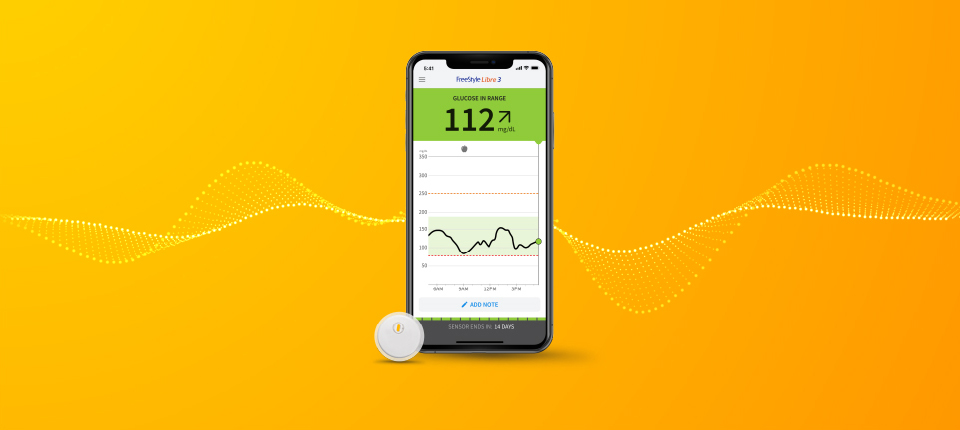Heart failure is a condition that can confound.
If you or someone you love is at risk of heart failure, you probably have questions. The right information can give you a better understanding of the condition so you can seek out the appropriate help and resources. To get you started, we've answered six of the most commonly asked heart failure questions.
1. What is Heart Failure?
Heart failure doesn't mean that the heart has completely stopped working. Rather, the heart doesn't function as well as it should. Sometimes known as congestive heart failure (CHF), it is a chronic, progressive condition in which heart muscle becomes too weak to pump enough oxygen-rich blood to meet the body's needs.
2. OK. So, What is Heart Disease?
Heart disease, also known as cardiovascular disease, describes a wide range of conditions that affect the heart. These include high blood pressure, rheumatic heart disease, chest pain, heart rhythm problems, stroke, coronary heart disease, congenital heart defects and others.
Over time, certain heart diseases cause the heart to become too weak or stiff to fill and pump blood efficiently, leading to heart failure. Reducing your risk of heart disease can help reduce your risk of heart failure.
3. What are Symptoms of Heart Failure?
When a person develops heart failure, the heart and body try to compensate for the lack of blood flow. The heart may enlarge and pump faster, blood vessels in the body may narrow to keep blood pressure up and the body may divert blood away from less vital organs to preserve blood flow to the heart and brain.
During this time, there may be no symptoms at all. Eventually, though, these compensating measures won't be enough. According to the Mayo Clinic, the following symptoms could follow:
- Shortness of breath.
- Fatigue and weakness.
- Rapid or irregular heartbeat.
- Swelling in the legs, ankles and feet.
- Persistent cough, especially at night.
- Coughing up pink, foamy mucus.
- Lack of appetite, chronic indigestion and nausea.
- Weight gain due to excess fluid.
- Increased need to urinate at night.
- Swollen abdomen.
- Difficulty concentrating.
- Chest pain.
If you notice any of these symptoms, you should call a healthcare professional right away.
4. What Causes Heart Failure?
Any heart condition that damages or weakens your heart can cause heart failure. Sometimes the cause is unknown. The most common causes of heart failure are coronary artery disease and heart attack, according to the Mayo Clinic. The American Heart Association lists other conditions known to cause or increase the risk of heart failure, including:
- High blood pressure.
- Faulty heart valves.
- Heart muscle disease or inflammation.
- Congenital heart diseases.
- Severe lung disease.
- Diabetes.
- Obesity.
- Sleep apnea.
5. How is Heart Failure Diagnosed?
Because the onset of heart failure may not produce noticeable symptoms, regular checkups with your doctor are important to catching the condition early.
If you make an appointment for suspected heart failure, your doctor likely will take a complete medical history, check for risk factors, review your symptoms and perform a physical examination. Your doctor can typically make a tentative diagnosis by using a stethoscope to listen for the presence of fluid in your chest and abnormal heart sounds, notes the Cleveland Clinic.
Based on a physical exam, your doctor may order additional diagnostic tests and procedures to confirm their diagnosis and determine the best treatment options. The AHA describes the most common tests for heart failure as:
- Blood tests.
- Chest X-ray.
- Exercise stress test.
- Electrocardiogram (ECG).
- Echocardiogram.
- MRI.
- Cardiac catheterization.
- Radionuclide ventriculography.
Early diagnosis and treatment may help your symptoms and prevent further damage to your heart, so see your doctor regularly.
6. How Do You Treat Heart Failure?
Because there is no cure for heart failure, the primary goals of treatment are to improve your symptoms and quality of life and to slow the progression of the disease by easing the workload of your heart. Your doctor may prescribe a combination of the following, notes the AHA:
- Lifestyle changes such as quitting smoking, eating a healthy diet and being physically active.
- Medication such as a diuretic, beta blocker, angiotensin-converting enzyme (ACE) inhibitor, vasodilator or calcium channel blocker.
- Medical device implantation, such as an implantable cardioverter-defibrillator (ICD), left ventricular assist device (LVAD) or cardiac resynchronization therapy (CRT).
In some cases, a doctor may recommend surgery, such as percutaneous coronary intervention, coronary artery bypass or heart valve repair or replacement to correct an underlying problem.
With treatment, many people with heart failure can continue to live full and productive lives.
If you have any heart failure questions, don't be afraid to speak up. Working closely with your healthcare team, you can take the necessary proactive actions to prevent or manage heart failure and live the best possible life.






FOLLOW ABBOTT